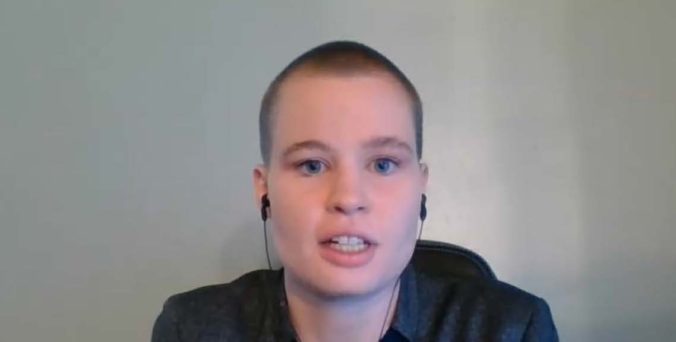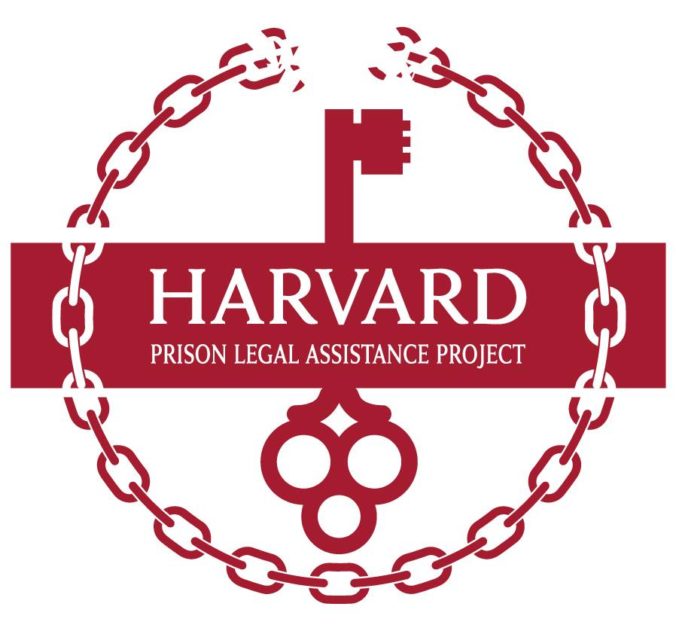On September 16, PLAP Policy Directors Sheridan Cunningham and Joan Steffen submitted written testimony to the Massachusetts Executive Office of Public Safety and Security (EOPSS) on proposed revisions to the regulations governing medical parole, 501 CMR 17.00. Sheridan also provided oral testimony in a Public Hearing held by EOPSS on September 16.
Medical parole is a mechanism by which prisoners who are terminally ill or permanently incapacitated can request supervised release from prison. The medical parole statute (G.L. c. 127 § 119A) was created in 2018; it was included in the Criminal Justice Reform Act that was passed that year. The proposed revisions to 501 CMR 17.00, the specific regulations governing the administration of medical parole, arose after the Massachusetts Supreme Judicial Court invalidated existing regulations earlier this year. The Supreme Judicial Court ruled that 1) prison superintendents are still required to review petitions that they deemed incomplete or inadequate; 2) the burden for developing a medical parole plan, procuring a medical diagnosis, and assessing the petitioner’s risk of violence should be shifted to the superintendent; and 3) the commissioner must supply the petitioner with all documents that the superintendent submitted with their medical parole recommendation.
Sheridan and Joan argued that further changes are needed to expand accessibility of medical parole and improve the system’s responsiveness to major health crises such as the COVID-19 pandemic. As they argued in their testimony, “The current COVID-19 pandemic underscores the mismatch between the prison environment and the needs of elderly, infirm, and seriously ill prisoners.” Sheridan and Joan further noted, “Although we have seen the court-ordered release of many pre-trial detainees, releases of sentenced prisoners have remained consistent with release rates prior to the pandemic.” While the Supreme Judicial Court “specifically cited medical parole as one of the tools at the DOC’s disposal to effectuate releases,” the current and proposed parole regulations have “impeded, and will continue to impede, the release of medically vulnerable petitioners unnecessarily.”
Sheridan and Joan argued for four specific changes to the existing regulations:
- The definition of “debilitating condition” should be removed or revised to exclude unnecessary and irrelevant conditions.
- The assessment for risk of violence outlined in the proposed regulation should be revised to exclude irrelevant considerations.
- To avoid unnecessary inefficiency and delay, the medical parole petitioner should be afforded additional procedural safeguards.
- The regulation should include specific provisions for serving cognitively disabled prisoners who, by reason of their disability, cannot otherwise access medical parole.
Sheridan and Joan’s full testimony can be read here.






